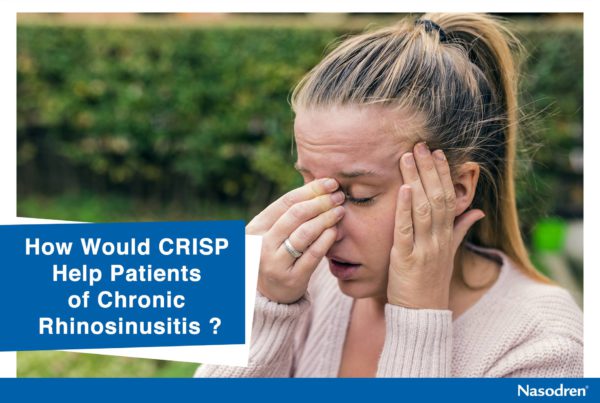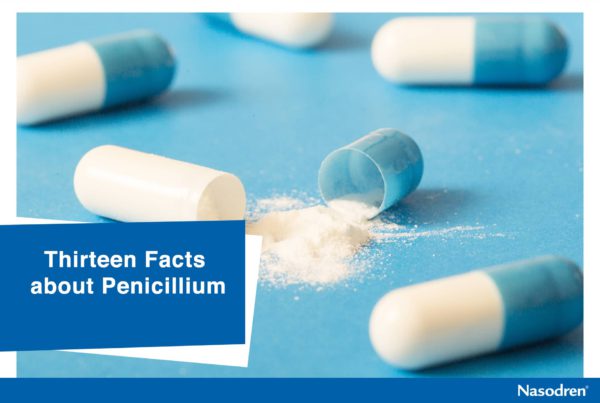A review of sinusitis medicine, surgery
Pediatric sinusitis can be treated with sinusitis medicine and / or sinusitis surgery. However, finding the best approach is difficult. There is need for a detail investigation of the symptoms and available treatment options. For instance, in case of chronic rhinosinusitis in children, although several physicians recommend antimicrobial therapy for 21-42 days, but data on optimum therapy period is unavailable.
Young patients with chronic bacterial rhinosinusitis generally have several stubborn pathogens, thereby, an empirical therapy based on a single agent does not produce the desired results.
Adenoidectomy is generally performed on stubborn sinusitis in children. The operation minimizes pathogens or removes the nasal obstruction. However, some doctors feel it is not necessary because it is not effective.
Some studies found out that pediatric endoscopic sinus surgery (PESS) improves the condition of the patients with sinusitis that complicates asthma. However, there are doctors who successfully manage sinusitis without PESS. PESS is a well-tolerated and quite safe operation, but its scope is limited as in many cases of young patients, the symptoms have reappeared after the surgery. There is lack of scientific data and studies to prove that PESS is a better solution than non-surgical treatment options. The PESS may lead to complications like direct impact on facial growth.
Controversies and lack of authentic scientific data and research work makes the chronic pediatric sinusitis treatment difficult. Resistance to Streptococcus penumoniae and other bacteria is increasing. This resistance also causes problems in choosing sinusitis medicine. The increase in resistance may lead to increase in number of surgeries for sinusitis. Resistance to Streptococcus penumoniae is a cause of increasing concern because this is the most common pathogen responsible for acute sinusitis.
Although endoscopic sinus surgery is the main treatment in case of chronic sinusitis, use of the surgery is controversial. The Consensus Panel that met at Brussels, Belgium in September 1996 divided the indications suitable for the surgery in two categories: Absolute and Possible.
Absolute indications:
- “ complete nasal airway obstruction in cystic fibrosis due to massive polyposis or closure of the nose by medialization of the lateral nasal wall;
- antrochoanal polyp,
- intracranial complications,
- mucoceles and mucopyoceles,
- orbital abscess,
- traumatic injury to the optic canal,
- dacryocystorhinitis due to sinusitis and resistant to medical treatment,
- fungal sinusitis,
- some meningoencephaloceles, and
- some neoplasms.”
However, the panel states that children with chronic sinusitis rarely require endoscopic surgery. Even sphenoethmoidectomy is not recommended in case of children. The sphenoethmoidectomy is recommended only in two cases: allergic sinusitis and symptomatic polyps related to cystic fibrosis.







